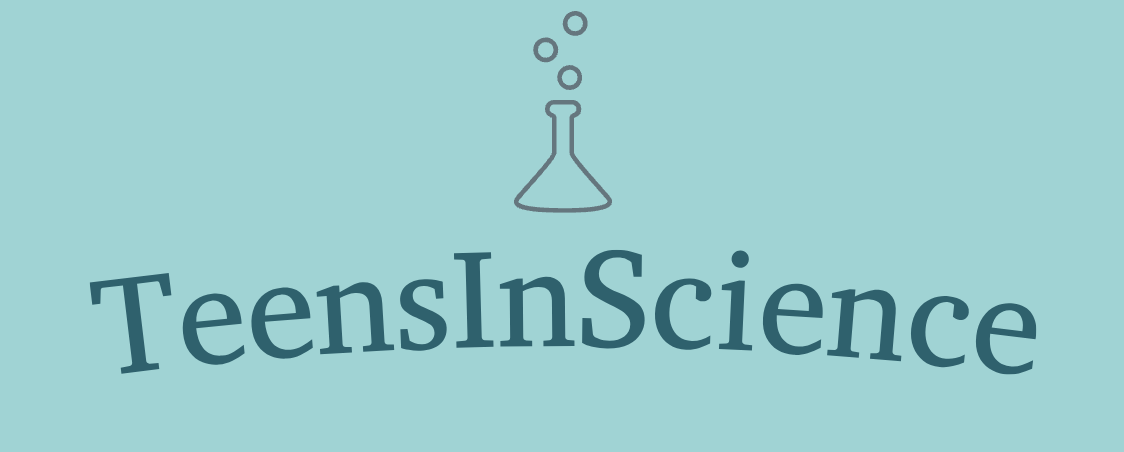The Ethics in Organ Donation
This article will talk about what is ethically wrong/right about organ donation today.
Date Published: 11/30/24
Introduction
Organ donation is a critical component of medicine, helping to give life to thousands of people each year. However, the process raises ethical issues that aspiring doctors should understand as they prepare for their future careers. The ethics of organ donation involves questions about consent, allocation, and the responsibilities of healthcare professionals.
Consent
One of the foundational ethical principles in organ donation is informed consent, which respects the autonomy of individuals to make decisions about their own bodies. In the context of organ donation, this means that a person must willingly agree to donate their organs after death, typically by registering as a donor or through a decision made by their family.
However, challenges arise when considering the different consent systems used worldwide. In some countries, an "opt-in" system requires individuals to actively register as organ donors. In contrast, an "opt-out" system assumes consent unless individuals explicitly refuse. While the opt-out system can increase the number of available organs, it raises concerns about whether presumed consent respects individual autonomy.
Aspiring doctors must understand the importance of ensuring that patients and their families are fully informed about the implications of organ donation. This includes discussing the donation process, what it means for the donor’s body, and how the donated organs will be used.
Fairness in Organ Distribution
Another important ethical issue in organ donation is the allocation of organs. Given the scarcity of available organs, not every patient who needs a transplant will receive one. This reality necessitates a fair and transparent system for determining who receives organs.
Most organ allocation systems prioritize patients based on factors like medical urgency, likelihood of success, and time spent on the waiting list. However, these criteria can sometimes conflict, leading to difficult decisions. For example, should an organ be given to a patient who has been waiting longer, even if another patient has a better chance of survival? Additionally, there are debates over whether social factors, such as a patient’s age, lifestyle choices, or social contributions, should influence allocation decisions.
Ethical Responsibilities of Healthcare Professionals
Healthcare professionals have many ethical responsibilities when it comes to organ donation. They must balance their duty to save lives with the need to respect the wishes and dignity of both donors and recipients. This includes ensuring that the process of organ retrieval is carried out with care and respect for the donor.
Doctors and medical staff also play a crucial role in supporting the families of potential donors. The decision to donate a loved one’s organs can be emotionally challenging, and healthcare providers must approach these conversations with sensitivity and empathy. Providing clear information, addressing concerns, and allowing families time to make decisions are all essential aspects of this process.
Lastly, healthcare professionals must try their best to stop any potential conflicts of interest. For instance, a doctor involved in the care of a potential organ donor should not have a role in deciding how the organs are allocated, as this could lead to biases.
Conclusion
The ethics of organ donation is a complex topic that every aspiring doctor should understand. From respecting patient autonomy through informed consent to navigating the challenges of fair organ allocation and upholding ethical responsibilities. As future doctors, understanding these ethical considerations will not only prepare you to handle the practical aspects of organ donation but also ensure that you can make decisions that are compassionate, fair, and respectful.
Works Cited
Beauchamp, Tom L., and James F. Childress. "Principles of Biomedical Ethics." Oxford University Press, 2019, global.oup.com/us/academic/product/principles-of-biomedical-ethics-9780190640873.
Caplan, Arthur L., et al. "Organ Procurement, Preservation, and Allocation." The Lancet, 2017, www.thelancet.com/journals/lancet/article/PIIS0140-6736(17)31926-5/fulltext.
Glannon, Walter. "Bioethics and the Philosophy of Medicine." Cambridge University Press, 2005, www.cambridge.org/us/academic/subjects/philosophy/ethics/bioethics-and-philosophy-medicine.
National Kidney Foundation. "Understanding Organ Donation." National Kidney Foundation, 2024, www.kidney.org/transplantation/understanding-organ-donation.
Wilkinson, T. M. "Ethics and the Acquisition of Organs." Oxford University Press, 2011, academic.oup.com/book/doi/10.1093/acprof
/9780199607860.001.0001.
